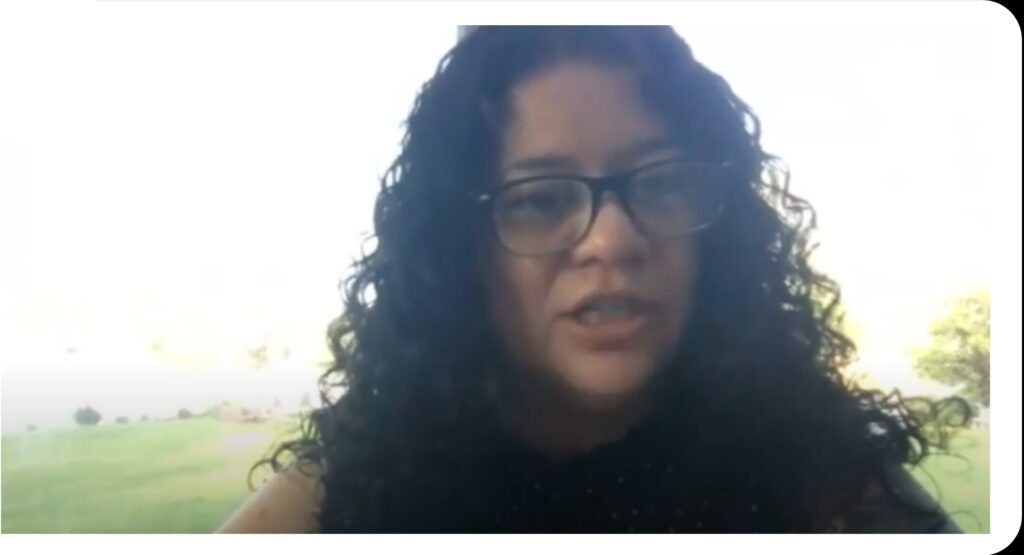“It doesn’t matter what work you do, you’re entitled to live a decent life and that is the cooperative movement, that is the labor movement, that is the social justice movement. We are in our separate lanes but I think we all need to understand that the goal is the same for all of us and to the extent, we can work together, we should.”
– Arthur Cheliotes, President Emeritus of Local 1180
Our May meeting of the Cooperative Solutions Working group was our last meeting for the series. After over eleven meetings where we have been listening, questioning, and sharing, we have compiled a framework that we presented at this meeting. Bernadette King Fitzsimons delivered the slide deck, “A Union Toolkit for Cooperative Solutions” (see it HERE). Rebecca and Bernadette are using this frame to develop a written paper to record key learnings about the union-led advancement of worker ownership. To that end, they have researched cases of unions investing in the creation of cooperatives, and have identified six tools for union-led cooperative creation: innovative organizing; investment of union staff & resources; use of physical spaces and property; training expertise and training funds; access to capital and relationships with financial institutions; and collective bargaining agreements and the contract negotiations process. They gave a brief explanation with examples of how each of these resources can be and have been used by unions to include worker ownership as a strategy to build worker power. The presentation drew from some of the stories we have heard presented during the year in this working group:
- Machinist Union and the Maine Lobstering Union (Lobster 207)
- SEIU 1199 and Cooperative Home Care Associates
- SEIU United Healthcare Workers-West and the AlliedUp Cooperative
- UE Local 1110, and the New Era Windows Cooperative,
- UFCW Local 1000 & the Homeland Supermarkets ESOP
We also heard from Sadé Swift, Advocacy Council Coordinator at the New York City Network of Worker Cooperatives.. Sadé presented on the launch of NYC’s Future is Cooperative Policy Platform by NYC-NOWC, which focuses on five key policy areas to propel worker cooperatives in the city summarized below.
A key point made throughout the presentation is on the barriers worker cooperatives face in the business certification process through the Women and Minority Business Enterprise (W/MBE). The City Procurement policy area advocates for the development of a separate business certification process for worker cooperatives that would eliminate the barriers to certification. Increasing representation and understanding of worker cooperatives in the procurement practice of city government is necessary to build a supportive environment for worker cooperatives to thrive. Sadé also referenced the importance of the Education and Technical Assistance policy area in supporting and developing the sustainability of worker cooperatives in NYC. Through funding and expanded access to worker cooperative education, NYC-NOWC is working to integrate frameworks of the solidarity economy into k-12 curriculums, which would create a transformative pathway for young children’s future. Supporting cooperatives through education programs is also an important component of this policy area to ensure worker-owners themselves learn about their workplace and their evolving cooperative sector.
What became clear through these two presentations, as well as the full year of engagement we have shared, is that unions and cooperatives can blend for expanded power for workers and the working class. Unions have much capacity to influence, organize and build strategies for worker power and the network of cooperatives is a willing partner to expand that power further, with deep democracy, rooted in economic needs and innovations. Our future work together will joyfully allow for the unions who want to enter the innovative spaces of worker ownership with the cooperative sector to pair with the power and passion of unions to move stronger together.
You can see the full last session here and we feature Aly Waddy, Secretary-Treasurer of UFCW Local 1500 for her summation of the session HERE






